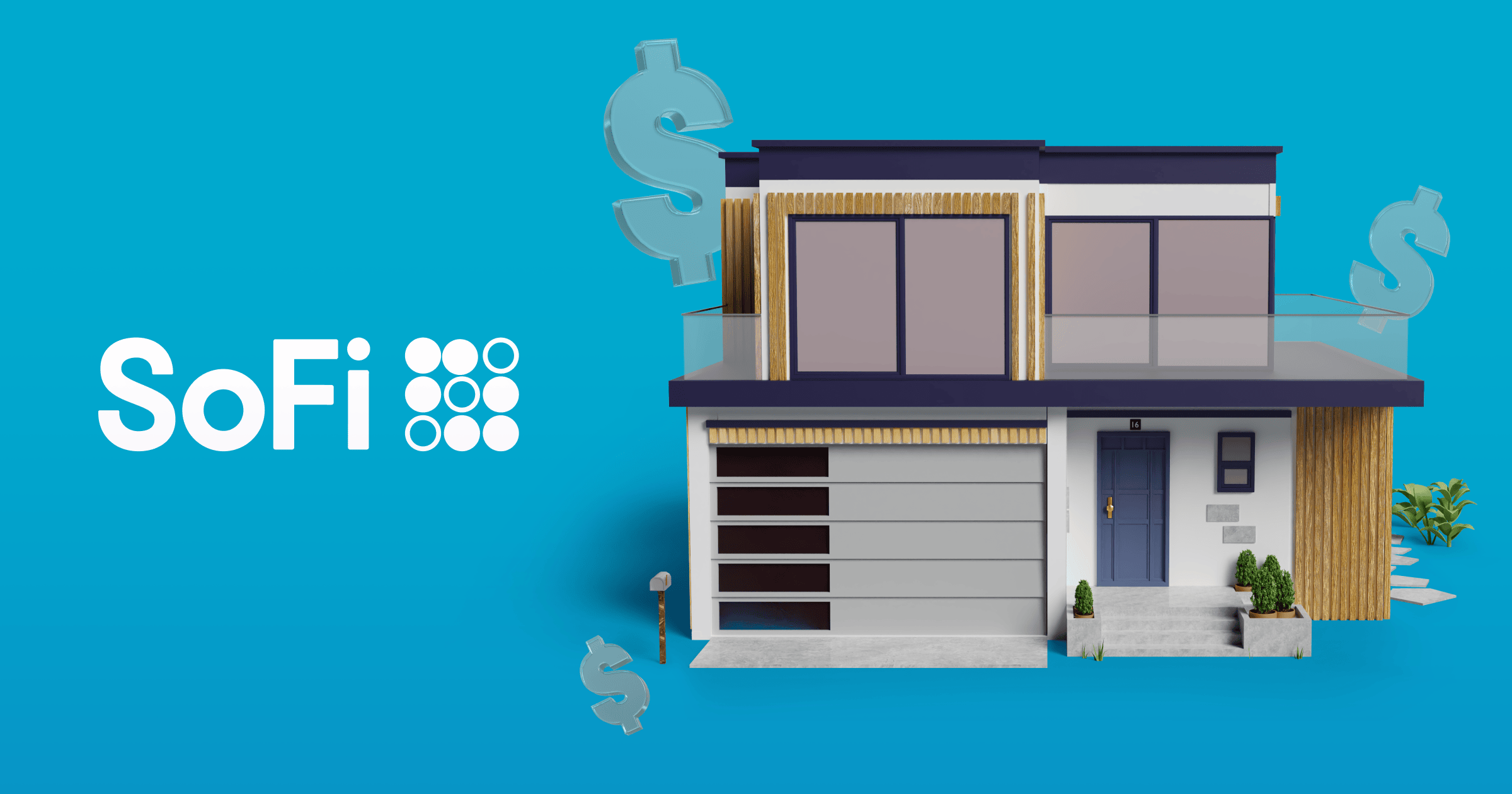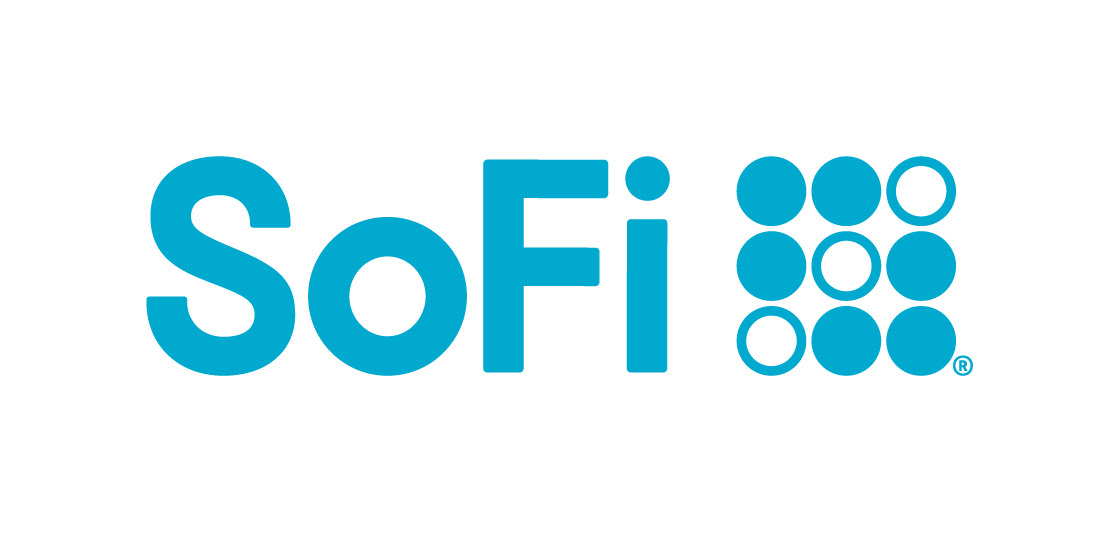Home equity loans allow homeowners to tap into the value of their property to borrow funds at a low, fixed interest rate. This option provides a lump sum that’s repaid over a set period, with no upfront costs or closing fees, making it an attractive solution for debt consolidation or major expenses.
By leveraging home equity, homeowners can reduce monthly payments and potentially save money over time. On average, borrowers can save up to $825 a month by consolidating debts with a home equity loan. This makes it not just a financial opportunity, but a strategic tool for improving financial health. With various terms available, there’s a home equity loan option to suit every budget and need.
Understanding home equity loans

A home equity loan is a second mortgage that allows you to borrow against your home’s value, offering a fixed amount of cash at a fixed interest rate. Unlike a HELOC with a variable rate, a home equity loan provides predictable payments, making it ideal for those who prefer financial consistency.
These loans are beneficial for managing large expenses or consolidating debt. Homeowners can borrow up to 90% of their home’s combined loan-to-value (CLTV), which can be used for home improvements, education, or unexpected financial needs. This allows access to funds without affecting the primary mortgage.
Additionally, some lenders, like Discover Home Loans, charge no application, origination, appraisal, or closing fees, making the process more affordable. With competitive fixed rates between 8.00% and 12.42% APR, home equity loans offer lower monthly payments compared to credit cards or personal loans, making them a cost-effective financial solution.
Choosing the tight loan terms
When considering a home equity loan, it’s crucial to choose terms that align with your financial goals. Loans are typically available with fixed terms of 10, 15, 20, or 30 years. The longer the term, the lower the monthly payment, but it also means paying more interest over the life of the loan. Evaluating these options carefully is key to making an informed decision.
Shorter terms have higher monthly payments but reduce overall interest, while longer terms offer more manageable payments. Using a loan payment calculator can help assess different scenarios and determine the best option for your financial objectives. Consider your future financial situation, any anticipated income changes, and long-term goals when selecting a term. Consulting a financial advisor can help balance these factors and choose the optimal terms for your needs.
Process of obtaining a home equity loan
Applying for a home equity loan is a straightforward process. First, you review loan options and submit required documents to check eligibility, which takes 1-2 weeks. Next, third-party information about your home is gathered, taking about four weeks, followed by underwriting. Once approved, the final step is closing the loan, scheduling a date, and transferring the funds. The process is efficient, allowing quick access to your funds.
Uses and benefits of home equity loans
Home equity loans are versatile financial tools, ideal for debt consolidation, allowing you to pay off high-interest credit cards or loans and reduce your monthly burden. With a fixed monthly payment, financial planning becomes easier and debt management more efficient.
They are also a great option for home improvements, enhancing both the value and functionality of your property. This can increase your home’s market value, offering potential returns if you sell in the future. In addition, home equity loans can finance major expenses like education or medical bills, providing a structured repayment plan without the worry of variable interest rates or changing payment amounts.
Debt consolidation: A strategic approach
Consolidating debt with a home equity loan is a popular choice for many, as it combines multiple debts into one, lowering monthly payments or reducing total interest. This can lead to significant savings, restoring financial balance and control.
The predictability of fixed payments and lower interest rates makes budgeting simpler and helps prevent late payments, which can improve credit scores over time. It’s an effective way to eliminate the high costs of credit card debt. Additionally, the consolidation process typically involves minimal extra costs, making it a practical option. By focusing on one repayment plan, you can make more tangible progress toward your financial goals.
Improving your home: Adding value
Using a home equity loan for home improvements not only enhances your living space but can also increase your property’s value. Strategic upgrades, like kitchen remodels, bathroom upgrades, or adding outdoor spaces, can boost both resale value and quality of life. Energy-efficient improvements or new roofing can save on utility and maintenance costs over time, adding long-term value to your home.
Targeted renovations make your home more enjoyable now and more marketable in the future. By financing improvements with a home equity loan, you can balance current needs with future financial benefits, creating a more comfortable and valuable property.



